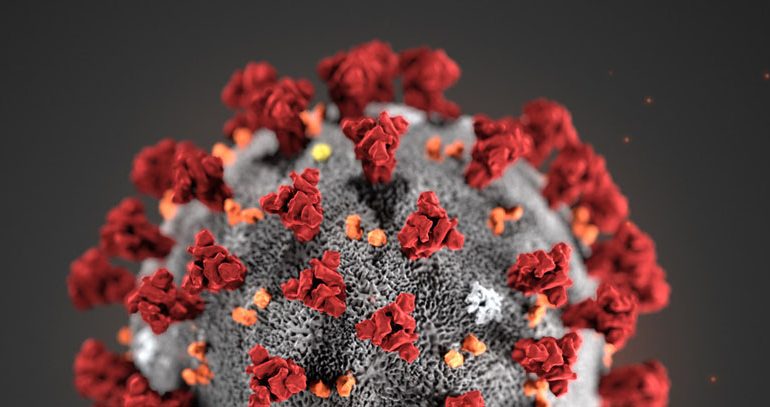Councillors will hear of the actions that have been taken to respond to the coronavirus pandemic next week and how County Durham will plan for its recovery.
The virus, which was declared a global pandemic on 11 March this year, has proved one of the biggest challenges that society has faced in more than a generation.
Durham County Council has since been working with its partner bodies nationally, regionally and locally to provide support to communities across the county.
It has offered assistance to 90,000 vulnerable people, including more than 13,000 who have been encouraged to shield from infection because they are at extreme risk of illness.
The council also quickly established a community support hub to provide support seven days a week to those who were advised to self-isolate and shield themselves.
Working with community and voluntary groups, County Durham Together helps those who are vulnerable access emergency food and medication, and offers a telephone chat service to combat loneliness, and an e-book and book delivery service in partnership with the libraries service.
By 24 May, the hub had received more than 4,800 calls, with almost 3,100 of those asking for assistance with food deliveries, food poverty, befriending, welfare assistance and general advice. Enhanced support for residents affected by domestic abuse, homelessness and drug and alcohol problems has also been put in place by council staff.
Furthermore, a volunteer bureau was also launched to allow local people and groups wanting to offer their services, to be matched with those in need of extra support.
As local communities rallied together to provide support during the pandemic, the 14 Area Action Partnerships (AAPs) across the county were awarded an additional £100,000 each to support local groups delivering help in local areas.
Extra measures were also put in place to help residents struggling with council tax payments.
Supporting care homes has been another vital part of the response to the pandemic.
The council has delivered over 480,000 items of PPE to the social care sector and made over 13,600 calls to providers offering help and advice. Staff in the sector have been offered extra support while a recruitment programme was launched through the County Durham Care Academy, with over 70 applications being received to date.
Steps were also put in place to provide support to local businesses, with many forced to close as a result of restrictions. Almost 8,500 business grants have been paid to companies across the county, totalling almost £95 million. Meanwhile, reductions in business rates liabilities were made across more than 2,000 business rates accounts in line with the government’s extended rates relief schemes, totalling approximately £49 million.
While many festivals and events were cancelled and libraries, leisure centres and customer access points closed, many services moved online to provide support and benefits to residents. These included online story-telling for children, music lessons via live video-messaging and an online commemorative programme to celebrate VE Day. The council’s new Technogym app also allowed residents to receive personal fitness advice and training in their own home.
Cllr Simon Henig, leader of the council, said: “There is no doubt that the coronavirus pandemic is one of the most profound challenges that we have faced, and with effective vaccines yet to be produced, we could be affected by it for some time to come. However, it is important that we recognise all of the hard work which has been carried out since March to support residents across the county.
“County Durham’s communities have been a major part of our response, rallying to support those most affected by the pandemic and ensuring those around them aren’t isolated. Our employees have also risen to the challenges faced, working flexibly and adopting new ways of working to maintain vital services and support our communities. We thank everyone for their immense efforts over the last few months.”
The council is now focusing on restoring services and recovering from the pandemic, as well as working with its partners to provide ongoing support to communities, individuals and frontline workers affected by the outbreak.
Cabinet will be asked to acknowledge the action taken in response to the pandemic at its first virtual Cabinet meeting next Friday, June 5.








